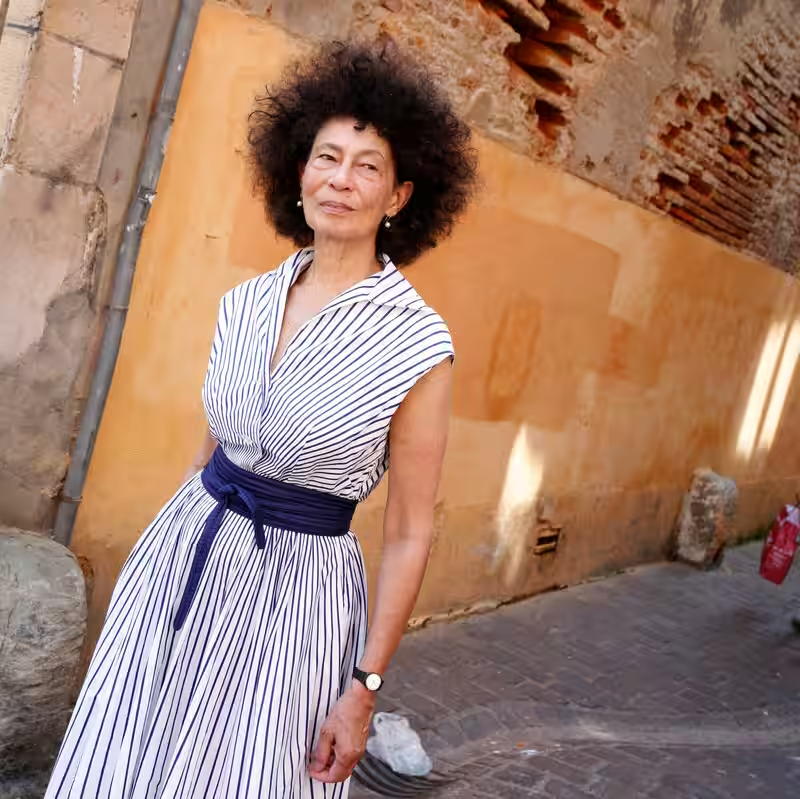Table of Contents
- Who Was Zoë Wicomb?
- From South Africa to Scotland
- Literary Breakthrough and Legacy
- Critical Acclaim and Influence
- Final Years and Impact
- Sources
Who Was Zoë Wicomb?
Zoë Wicomb, the celebrated South African author whose fiction dissected the complexities of race, identity, and exile under and after apartheid, has died at age 76. Her death on October 13, 2025, in Glasgow, Scotland, marks the loss of one of the most incisive literary voices to emerge from South Africa’s turbulent 20th century.
Known for her sharp wit, layered narratives, and unflinching gaze at the contradictions of mixed-race life in a racially stratified society, Wicomb wrote with elegance and emotional precision that earned praise from literary giants like Toni Morrison and J.M. Coetzee.
From South Africa to Scotland
Born and raised in South Africa’s arid Namaqualand region, Wicomb grew up under the suffocating weight of apartheid’s racial laws. As a woman of mixed heritage—classified as “Coloured” under the regime’s rigid hierarchy—she experienced firsthand the daily humiliations and systemic barriers imposed by state-sanctioned racism.
In 1970, at age 21, she left South Africa for Britain, seeking distance from what she later described as “the whole oppressiveness” of life under apartheid. She eventually settled in Glasgow, where she taught secondary school before turning to writing in her 30s—a late but luminous literary debut.
Zoë Wicomb’s Literary Breakthrough
Her first book, You Can’t Get Lost in Cape Town (1987), announced her as a major new talent. A semi-autobiographical collection of linked short stories, it follows Frieda Shenton, a young mixed-race woman navigating the invisible yet inescapable boundaries of apartheid-era Cape Town.
The title itself is a biting irony: in a city defined by segregation, Frieda’s world is so tightly circumscribed that getting lost is impossible. The book’s blend of personal narrative, political insight, and lyrical prose captivated readers and critics alike.
Over her career, Wicomb published four novels, two short-story collections, and a book of essays. Though her output was modest in volume, its depth and craftsmanship cemented her reputation as a writer of rare intelligence and moral clarity.
Critical Acclaim and Global Influence
Nobel laureate J.M. Coetzee called her “the most significant of the writers who quit South Africa in the 1970s,” praising her ability to explore “the modalities of South African experience” from her “eyrie in Scotland” while remaining rooted in pre-colonial African memory.
Toni Morrison, another Nobel winner, hailed Wicomb’s talent as “seductive, brilliant,” and noted that “her talent glitters.” In The New York Times, novelist Bharati Mukherjee described her as a “sophisticated storyteller” who merged autobiography with the timeless simplicity of family lore.
Wicomb’s work resonated far beyond literary circles. Scholars cite her as essential reading for understanding post-apartheid identity, diaspora, and the lingering psychological scars of institutional racism.
Final Years and Enduring Impact
Wicomb continued writing and teaching well into her later years, serving as Professor Emerita at the University of Strathclyde. Her final works grappled with memory, return, and the ambiguities of belonging—themes that mirrored her own life between continents.
She died of a pulmonary embolism, according to her husband, artist and academic Roger Palmer. Tributes have poured in from across the literary world, with many calling for her books to be included in global curricula on postcolonial literature.
Though she left South Africa physically, Wicomb never abandoned it in her imagination. Her stories remain vital testaments to those who lived—and resisted—within apartheid’s cruel geometry.




